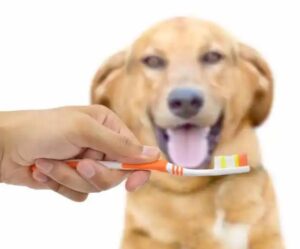Dogs have a natural instinct to return home. This instinct drives them to try to find their way home after leaving their homes. Especially for dogs that have lived in a fixed environment for a long time, they have a deep memory of the location, kakara, and even sound of their home. When they get lost, these memories may become important clues for them to find their way home. However, this instinct is not absolutely reliable, as the complex and ever-changing external environment often increases the difficulty for them to return home.
- External environmental interference
The first challenge a dog faces after getting lost is the complex external environment. The hustle and bustle of the city, the vastness of the countryside, and the interweaving of roads can all become obstacles that prevent dogs from returning home. I tua atu, weather changes are also an undeniable factor. Adverse weather conditions can weaken dogs’ ability to return home and even threaten their safety. - Individual differences in dogs
Each dog’s personality, intelligence, experience, and health condition are different, and these factors directly affect whether they can come back on their own after getting lost. Generally speaking, dogs with independent personalities, strong curiosity, and high intelligence are more likely to find their way home. I tua atu, the age and health status of dogs are also important factors. - Human intervention and assistance
During the process of a dog getting lost, human intervention often plays a crucial role. On the one hand, kind-hearted people may discover lost dogs and provide assistance, such as feeding, sheltering, or contacting animal rescue organizations; On the other hand, the widespread dissemination of social media and dog search notices can greatly increase the chances of dogs being retrieved.
How to increase the chances of finding a lost dog?
- Strengthen daily training: Enhance dogs’ obedience and memory through training, familiarize them with their home location and home route.
- Wear identification tags: Wear collars, tags, or implanted electronic chips or other identification tags for dogs, so that they can be quickly identified and contacted after getting lost.
- Timely search and seek help: Once a lost dog is found, it should be immediately searched in the surrounding area and a lost dog notice should be posted to animal rescue organizations, social media, and other channels as soon as possible.
- Maintain patience and optimism: Maintain a patient and optimistic attitude while searching for dogs, as many dogs can still successfully return home after a period of wandering.
So, there is no absolute answer to the question ‘Will a lost dog come back on its own?’. It depends on various factors such as individual differences in dogs, the complexity of the external environment, and human intervention and assistance. As owners of dogs, we should take preventive measures as much as possible to reduce the risk of dogs getting lost.






